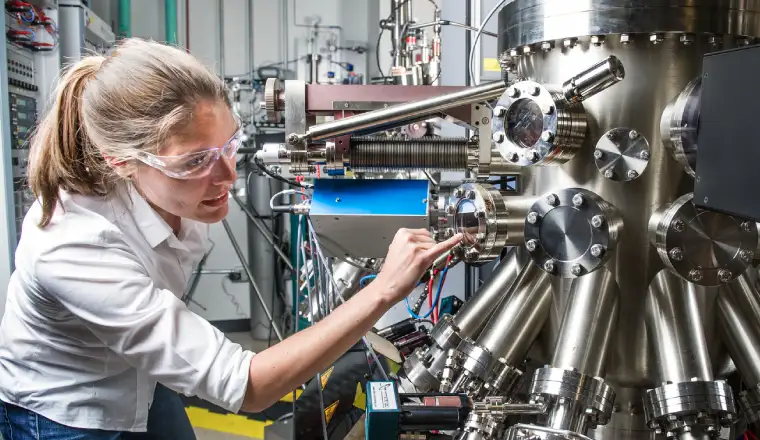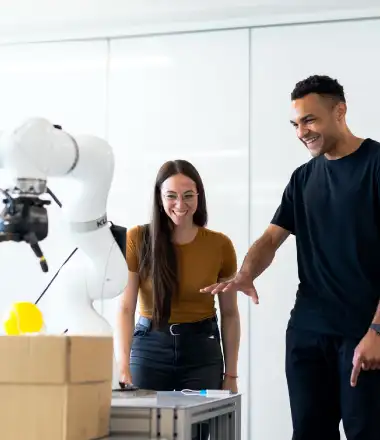The Profits in Patents: Gaining Revenues from R&D

Table of Contents
A quick walk down memory lane and you will most likely remember a teacher saying, “knowledge is power.” While definitely true to a degree, the statement barely scratches the “power” contained within “knowledge.” Aside from its technological and scientific significance, knowledge – the products of research and development initiatives – also hold tangible economic values. And while frequently overlooked—in fact, even by the researchers themselves—experts say the potential lies in utilising intellectual property. This article explores ways how patenting research benefits the researching entity – be it an individual innovator, an academic institution, an industry researcher, or even you, the reader. Furthermore, we discuss ways to generate revenue (patent valuation) from R&D Patents and profits from patents in general.
At a glance, universities are easily identifiable as top producers of R&D. Nonetheless, private research institutions are also contributory to our vast library of scientific wisdom. Moreover, independent scientists are also rising in terms of knowledge production. These entities, essentially, are gold mines of underutilized patent portfolios, so to speak.
With radical shifts in the way we value things, global markets are reallocating the premium from physical goods to intellectual assets. The term “it’s the thought that counts” now takes on a whole new economic meaning.
The Valuation
The logical consequence of our revaluation brings innovators to the spotlight. Hence, their interests are even more protected, especially with developments in intellectual property. It also follows that the same appreciation extends to the entire scientific community.
By bringing intellectual property conversations to the fore, the academic society is presented with the vast potential of turning their R&D into profit. To supplement the initiative to push patent owners towards monetizing their research, even the governments are uniting with private entities to raise awareness. Besides that, efforts to make intellectual property rights accessible are also underway.
Expert Insight: Prominent intellectual property firms transformed the previously tedious and convoluted process of registration into a quick and convenient digital format. Furthermore, costs associated with legal processes are reduced to accommodate more enterprises.
The Contention
However, with official programs considered, operations on the side of universities and other private research facilities still face difficulties due to economic downturns. Without regular operations, they rely on income-generating projects which barely cover the cost of maintenance. This presents a massive challenge in terms of finances.
Promising as it is, monetising patents for R&D would still require significant initial capital before they could get their feet on the ground. In this context, funding agencies or investors can be tapped for financial support. Nonetheless, without a strategic plan to execute and enforce their intellectual property portfolio, the procured capital would remain stagnant. Or worse, misspent.
Expert insight: Prominent firms have the capability and capital to review the R&D produced by research bodies and determine applicable solutions. Doing so could be the lifeline to keep operations amidst the economic downturns. Responsible firms, however, would advise against any measures that would hinder developments in terms of advancements in society.
The Solution
Since the 1980s, universities are empowered by relevant legislation to monetize their patents through partnerships with outside experts. And as the digital age enables faster exchange and creation of information, the number of university patents substantially increased. The past decade alone accounts for a 0.25% increase in the number of university patents. Barely halfway through 2020, university patents already constitute 2.05% of the total granted patents.
This significant uptick can be attributed to the formation of dedicated departments. These offices aim to foster and manage partnerships or joint ventures. Technology Transfer Offices (TTO) of universities provide a centralized communication channel between the university and external funding partners such as intellectual property law firms.
With each technological innovation, commercial applications substantially increase, too. Law firms become keener to participate in the formation of new knowledge. Furthermore, various industries joined in to get involved with the research process. As a direct consequence of this, more specialized technologies are borne out of the demands of the industries and other funding agencies.


The Maximization
Partnership arrangement during the early phases is particularly beneficial for the researchers. Law firms would have the opportunity to closely watch as the study unfolds, enabling them to formulate the best strategy for the patenting process. This practice is vital in maximizing profitability potential.
Additionally, the law firms would be readily available should there be a need for litigation or assertion of rights. Depending on the contract, services could be available at a radically discounted price; or even without any charge if settled as an exchange for a percentage of future revenues.
Expert insight: Opportunity for collaborations, however, are not restricted to just research entities. Anyone with unique inventions, excellent brand ideas, or brilliant artistic creation, could potentially form partnerships with law firms. Every innovation, whether in science, technology, art, or business holds the potential for a significant return of investments.
Further Application
Colleges and universities, as well as private researching companies, are repositories of forward-thinking ideas. But great innovations are by no means exclusively produced in the mentioned institutions.
As a matter of fact, genius happens in our daily lives, too. So long as it is original and ground-breaking, intellectual property rights are applicable.
Conclusion
If you are interested in gaining revenue from the research that you do, we strongly suggest that you take advantage of our complimentary consultation. Our team of experts and attorneys are more than equipped to provide valuable counsel. With economic factors considered, we are absolutely able to work within different capacities. After all, the end goal is to forward your ingenuity. To learn more, you can get in touch with us for a complimentary consultation at +971 4 282 2677 or email us at [email protected].






